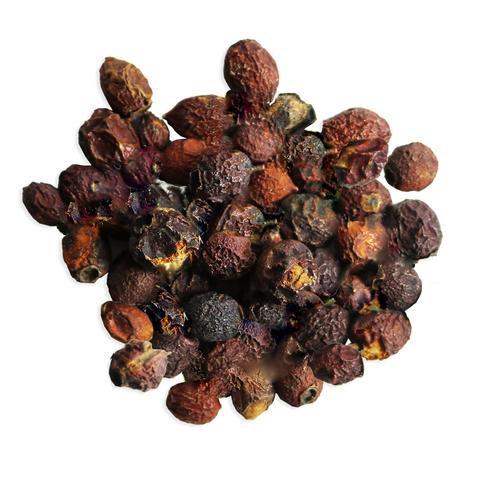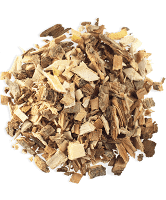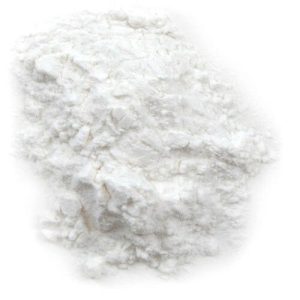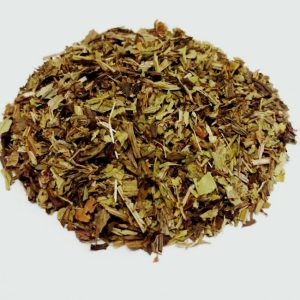Hawthorn Berries 50g
£3.25
Name: Hawthorn
Latin name: Crataegus monogyna
Plant Family: Rosaceae
Alternative names: Hawberry, May, Mayblossom, Mayflower, Quickthorn, Whitethorn.
The name haw, originally an Old English term for hedge (from the Anglo-Saxon term haguthorn, “a fence with thorns”), also applies to the fruit. Hawthorne Berries: Cardiac tonic, Diuretic, Astringent, Mild Sedative, Anti-inflammatory & Antioxidant. Containing a plethora of powerful antioxidants, Hawthorn Berries are known to be potent vasodilators, helping to keep high blood pressure (hypertension) in check.
9 in stock
Description
Properties:
- Bioflavonoids
- Vitexin
- Quercetin
- Hyperoside
- Crataegin
- Carotene
- Flavonoids
- Sugars
Benefits:
- Inflammatory conditions
- Memory
- Therapeutic effects on tonifying spleen
- Prevents or improves oxidative related diseases (excessive production of free radicals causing cancer, aging or neurodegenerative diseases)
- Disorders of lipid metabolism (fatty liver, obesity, and cardiovascular disease)
- Inflammatory diseases and enhance human immunity
- Improvement of cognitive dysfunction and learning and memory
- Gastroenteric diseases/disorders
Traditional Uses:
- One of the oldest known medicinal plants, Hawthorn was prescribed by the Ancient Greek physician Dioscorides in the first century AD as a remedy for heart problems.
- The Hawthorn Berry has a long history as the herb to strengthen your heart – both physically and emotionally.
- Native American Indians used them as a heart tonic and also for gastrointestinal complaints.
History:
- The Hawthorn tree is steeped in Celtic mythology and history, with many tales of the trees being inhabited by the Faery Folk.
- “Thomas the Rhymer”, a Scottish mystic and poet of the thirteenth century, is said to have met the Faery Queen by a Hawthorn bush from where she led him on a brief sojourn into the Faery Underworld. When he returned he found he had been gone for seven years!
- Britain’s most famous Hawthorn is the Holy Thorn Tree in Glastonbury. Legend tells that upon arriving on these Isles, Joseph of Arimathea, climbed Wearyall Hill and drove his staff into the ground. It then burst into life, growing into a thorn tree which unusually flowers twice a year – once in May and then again at Christmas.
Cautions:
- Whilst side effects are uncommon there have been a few cases of mild nausea, dizziness, sweating and skin rashes.
- Can interact with prescription medications.
- Hawthorn may affect blood pressure, and should not be taken with medications for high blood pressure, including beta-blockers and calcium channel blockers, medications for “male enhancement” (many of which are based on blood vessel dilation and increasing blood flow), and medications that increase blood flow to the heart.
- Additionally, people taking digoxin should not take Hawthorn.
Not recommended for pregnant or breastfeeding women.
Only logged in customers who have purchased this product may leave a review.





Reviews
There are no reviews yet.